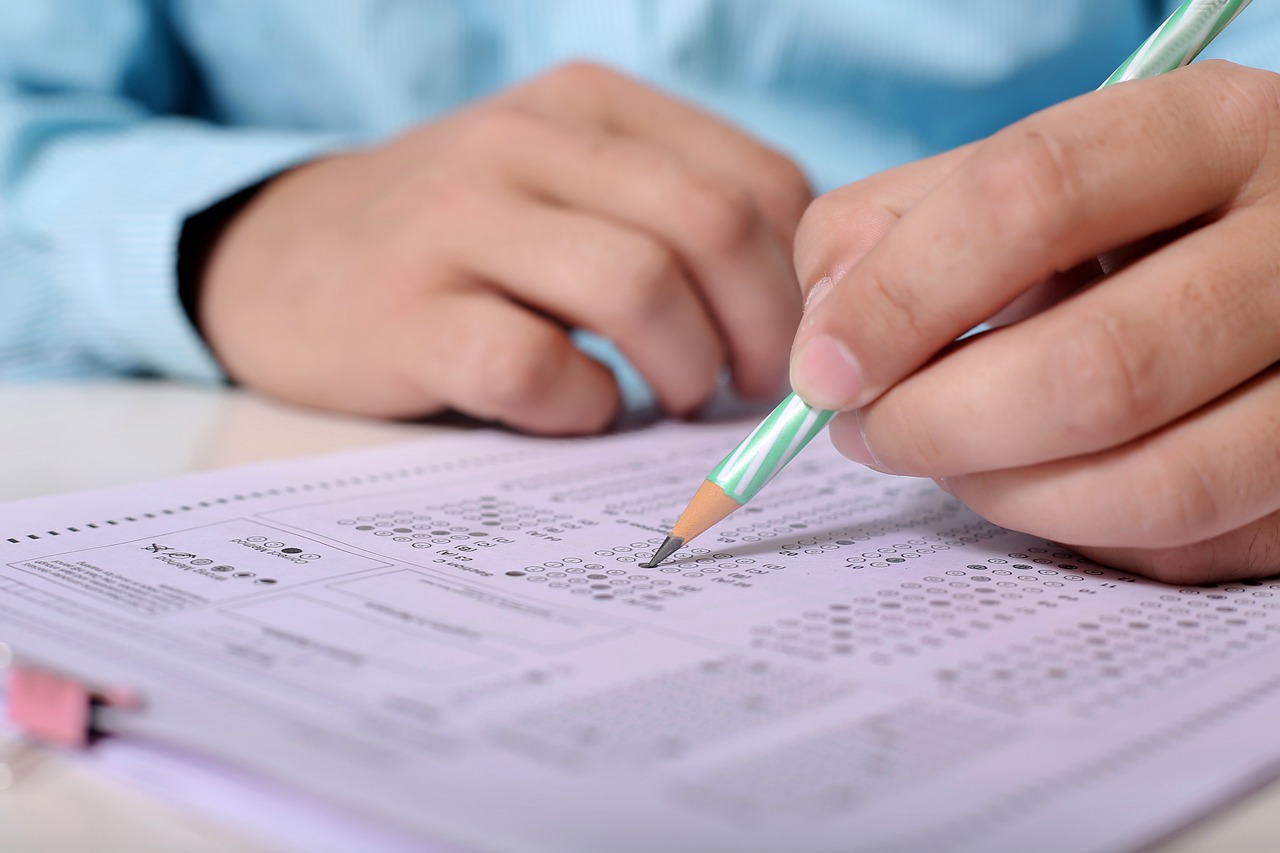Schizophrenia in Young Adults
Study Discussion Instructions
Scenario:
Jean Louis Pierre is a 20 year old business major at a large university. His family and friends have noticed increasingly bizarre behaviors over the past several months. On many occasions they’ve overheard him whispering in an agitated voice, even though there is no one nearby. Lately, he has refused to answer or make calls on his cell phone, claiming that if he does it will activate a deadly chip that was implanted in his brain by Vodou priests.
Based on this scenario, respond to the following prompts:
- Which condition does the psychiatric NP associate with these patient behaviors? What do you know about the etiology of this disorder?
- What are positive symptoms of schizophrenia? What are negative symptoms of schizophrenia? What is the difference between Brief Psychotic Disorder, Schizophreniform, and Schizoaffective disorder?
- What treatment options will you offer this patient and why? (Provide non-pharmacological and pharmacological interventions, including nursing interventions as well as cultural considerations among Haitian populations with psychiatric conditions)
- What do you know about the mechanism of action of anti-psychotic medications? What labs should you order prior to or during the course of treatment for patients on this class of medication and why? What is the metabolic syndrome and how is it relevant to this case?
Assignment Guidelines
- Format: Your response must be written in APA format.
Check out our Essay writing services
Schizophrenia in Young Adults
Diagnosis and Etiology
Based on Jean Louis Pierre’s symptoms—paranoid delusions, auditory hallucinations, and disorganized behavior—the psychiatric nurse practitioner (NP) is likely to associate his behavior with schizophrenia. Schizophrenia is a chronic psychiatric disorder with a multifactorial etiology, including genetic predisposition, neurobiological factors, prenatal complications, and environmental stressors. Cultural interpretations, like beliefs in Vodou, may influence symptom expression among Haitian individuals.
Symptomatology and Differentiation
Positive symptoms include hallucinations, delusions, and disorganized speech or behavior. Jean’s claims about a brain chip and whispering to unseen people fall into this category. Negative symptoms involve diminished emotional expression, social withdrawal, and reduced motivation.
Differential diagnoses include,,,,,




